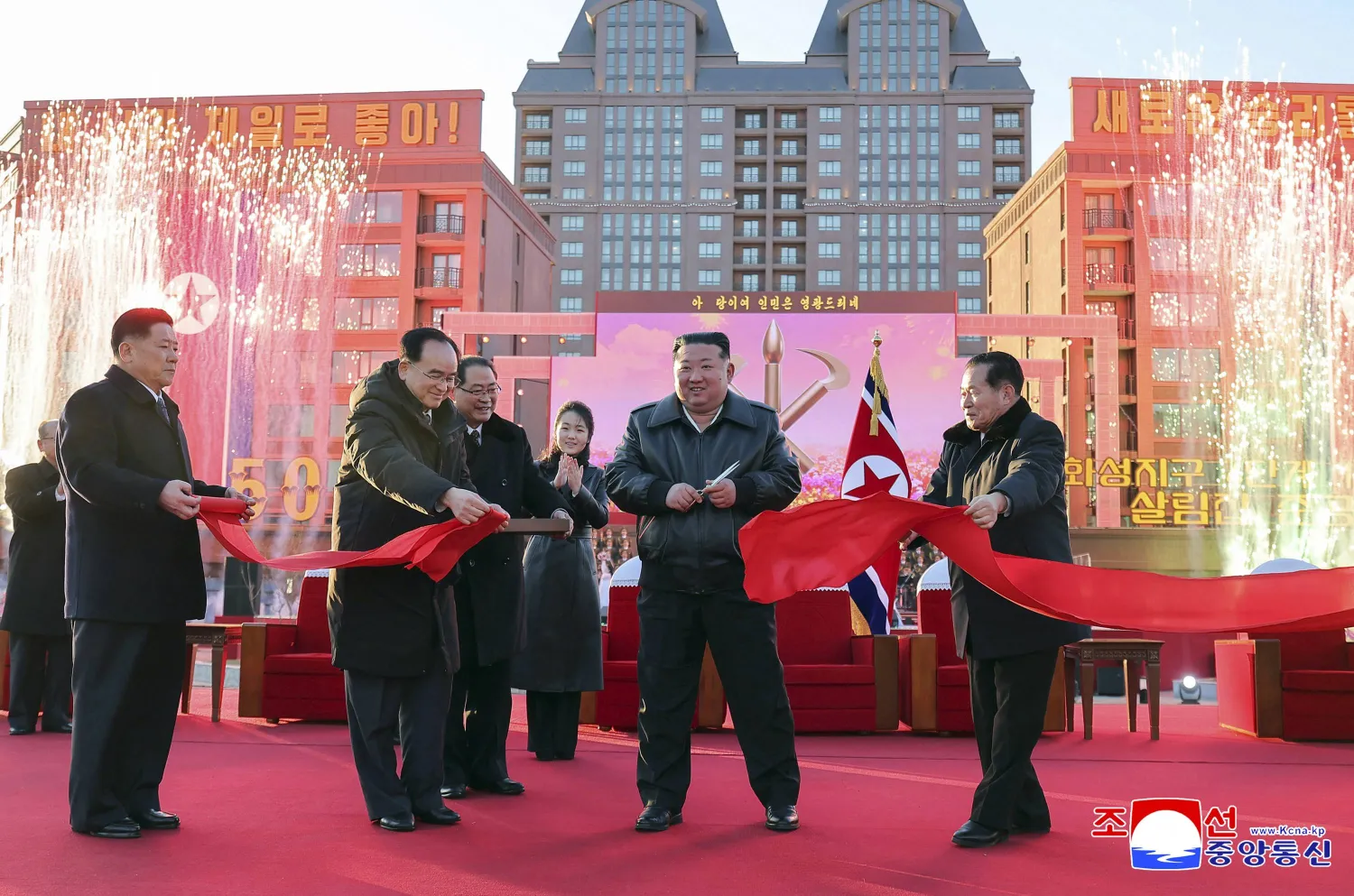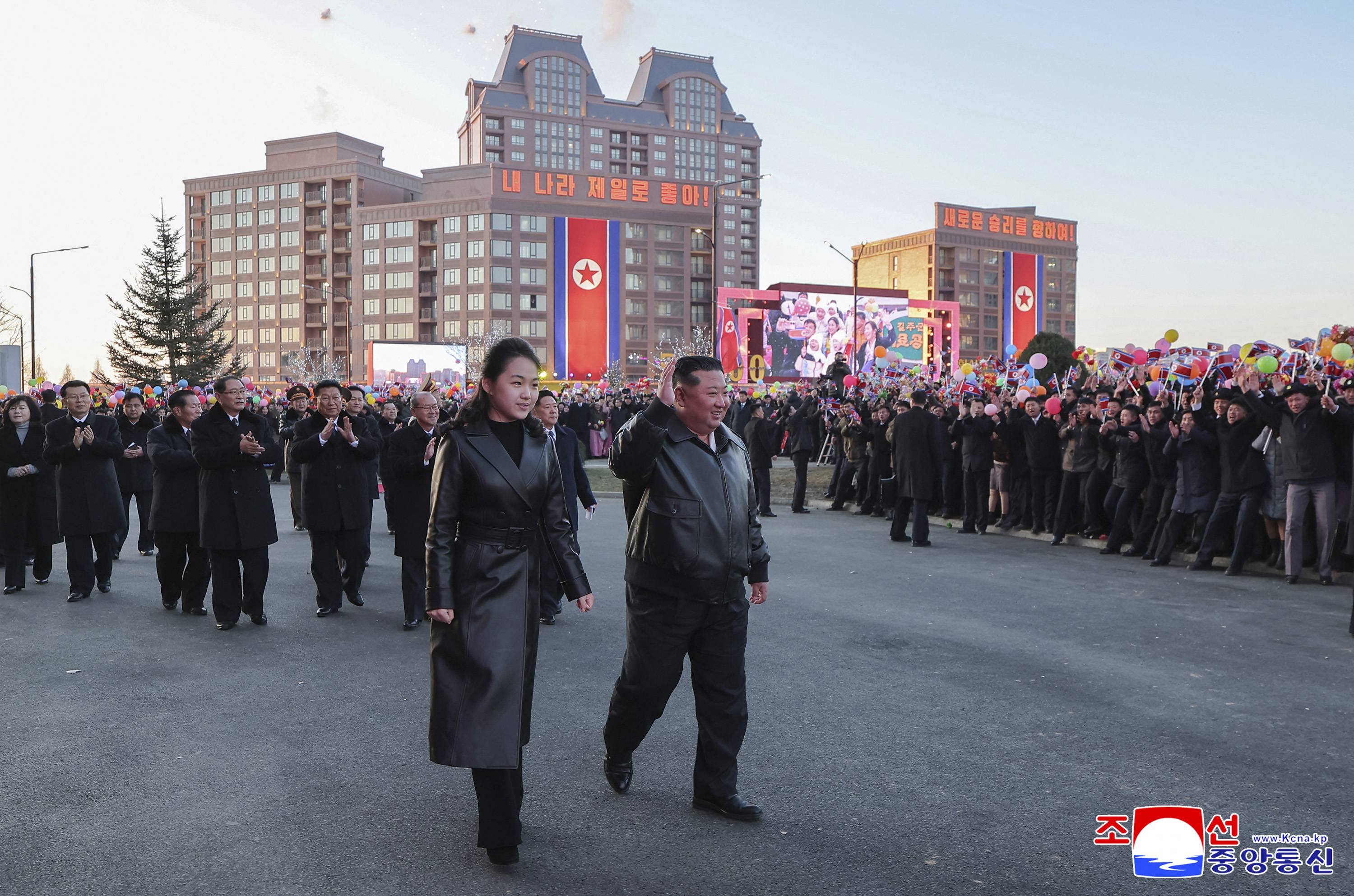High Representative of the EU for Foreign Affairs and Security Policy Josep Borrell said there is no alternative to the Vienna platform in the nuclear negotiations with Iran.
Speaking to Asharq Al-Awsat, Borrell said that the ongoing efforts to return to the Joint Comprehensive Plan of Action (JCPOA) are just a "first step" to address other files related to Iran's interference in the internal affairs of other countries.
Asked by Asharq Al-Awsat about the current push for a return to the nuclear agreement and whether Europeans fear the Iranian program will develop ballistic missiles and drones, Borrell asserted that the EU is concerned about many other issues and cannot solve all the problems at once.
He asserted that talks now aim to relaunch the nuclear agreement, but it is not the end because many issues will need further discussions.
"The first step would be to avoid a nuclear Iran. Then we deal with other matters."
Asked whether there are fears of any other conflicts if Iran does not stop its interference in the internal affairs of other countries, Borrell noted that there are many reasons to be concerned about the danger in the region. However, the first thing would be reaching the nuclear deal.
US Secretary of State Anthony Blinken said that the return to mutual compliance provides a "platform to address its [Iran] other destabilizing activities."
Meanwhile, Iranian FM Hossein Amirabdollahian announced that Tehran would return to the table of negotiations.
"We are reviewing the Vienna negotiations files currently, and, very soon, Iran's negotiations with the 4+1 countries will recommence."
Blinken indicated that US Special Envoy for Iran, Rob Malley, had a very productive few days in New York.
"We don't yet have an agreement by Iran to return to the talks in Vienna. We're very much prepared to return to Vienna to continue the talks, and the question is whether, and if so, when, Iran is prepared to do that."
He asserted that Washington has been very sincere and very steadfast in pursuing a path of meaningful diplomacy to get back to mutual compliance with the JCPOA and also to address the full range of concerns that the US and many other countries have with Iran.
Washington still believes that a return to mutual compliance with the agreement is in its interest. "It's the best available option to restrict Iran's nuclear program and to provide a platform to address its other destabilizing activities."
Blinken explained that the challenge right now is that with every passing day, Iran continues to take actions that are not in compliance with the agreement, particularly building larger stockpiles of highly enriched uranium to 20 percent, even to 60 percent, and spinning faster centrifuges.
"We will get to a point in the future at which simply returning to mutual compliance with the JCPOA will not recapture the benefits of the agreement because Iran will have made too much progress in its program that would not be reversed simply by returning to the terms of JCPOA."
Iran's issue was discussed in a meeting between Blinken and the foreign ministers of the Gulf Cooperation Council countries, including the Saudi Foreign Minister, Prince Faisal bin Farhan.
State Department spokesman Ned Price said that Blinken highlighted the enduring interest that the US shares with the people and governments of the region in fostering the Middle East that is peaceful, secure, and prosperous, and where Washington's partners are safe from external aggression.
Blinken and GCC member states discussed work to achieve a common approach toward a durable solution to the conflict in Yemen, pursuing diplomacy to reach a mutual return to compliance with the JCPOA, and countering Iran's continued aggressive behavior in the Gulf.
"The United States joins our Gulf partners in condemning the Houthi attacks on Saudi Arabia, including civilians and infrastructure," said Price.










